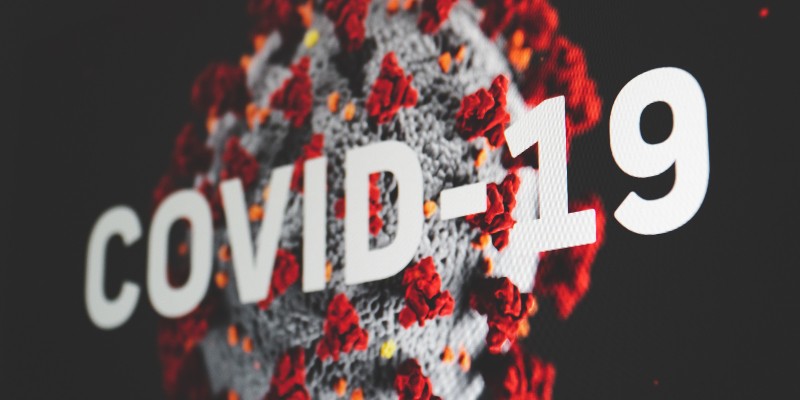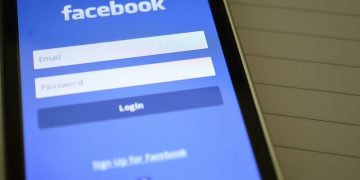Facebook Reveals a Coronavirus Heatmap to Help Scientists Fight the Disease

The privacy issues Facebook has gone through over the years have led some people to believe that the social network is nothing more than a tool for exposing your most intimate secrets to the whole world. Of course, this is not really the case, and the fact of the matter is, despite all the problems, around 2.5 billion people continue to use it. The enormous user base puts Facebook in a very good position to prove to everybody that, especially in a time of a global pandemic, it can be a lot more than a place for sharing private data with the rest of the world.
A couple of weeks ago, Facebook users in the US were invited to take part in a survey which asked them if they have any coronavirus-like symptoms. Those of you who remember the Cambridge Analytica scandal from two years ago will rightly tell you that taking Facebook surveys might not be the best idea in the world. In this case, however, the questionnaire was put on people's news feeds for all the right reasons.
Table of Contents
Scientists want to learn more about the spread of COVID-19 with the help of Facebook users
During the first 14 days, people were taking the survey at a rate of 1 million per week, and all that data was sent to scientists at Carnegie Mellon University. The experts' goal was to identify geographical regions that are hit by the coronavirus the most, and because they received such a large volume of data, they have already been able to draw some conclusions.
In fact, on Monday, Mark Zuckerberg himself wrote about the project in an op-ed for The Washington Post, and alongside it, he revealed an interactive map that gives people a county-by-county visualization of how the disease has spread throughout the United States.
As you can see, the number of participants in some geographical locations isn't big enough to give scientists an idea of what's going on in all 3,243 US counties, but the map is pretty comprehensive nonetheless, and the data it provides is in line with what the official figures tell us.
How can the new survey help us fight the coronavirus outbreak?
As Mark Zuckerberg wrote on Monday, over the centuries, the world has gone through more than a few pandemics, but what is unique about this one is that we have data on our side. Carnegie Mellon's scientists realized that with the help of Facebook, they can not only respond to the disease more adequately, but they can also take the necessary precautions to contain its spread.
Reporting even mild symptoms can help. If a large number of people who live close to one another complain about coughing and high body temperature, the experts can work with local governments to impose stricter self-isolation measures to ensure that the virus is contained. And because every person with mild symptoms can potentially become more seriously ill, Facebook's map can help authorities distribute medical staff, supplies, and protective equipment more efficiently.
Obviously, not everyone who coughs and sneezes has been infected with COVID-19. The data coming from Facebook's survey needs to be sanitized, and the irrelevant entries must be removed. Carnegie Mellon's experts are in charge of this, and the fact that the map matches the official reports suggests that they're doing a rather good job.
The experts are so happy with the results of the experiment that they plan on expanding it. Starting today, Facebook users all over the world will get the chance to take part in the survey. Researchers from the University of Maryland will help process the additional data, and the team at Carnegie Mellon University will create an API that will let scientists from all around the world get what they need more easily.
The results of the initiative depend on how many people take part in the survey, and so far, the response has been rather good. We're pretty sure, however, that some users might see a problem in the whole scheme.
The privacy issue
Quite a few people might refuse to take part in the survey because they are somewhat understandably unwilling to share sensitive medical data with Facebook. These people should bear in mind that Facebook won't actually process their information at all. The answers to the survey go straight to the team at Carnegie Mellon University, and they are not shared with the social network. In his article for Washington Post, Mark Zuckerberg was adamant that although Facebook is used as a vehicle for getting to a large number of people, the entire project was dreamt up and organized by the scientists.
Hopefully, this will put people's minds at ease, and they will take part because in the current climate, even the smallest pieces of information that help us understand how the pandemic works can help us fight it.








